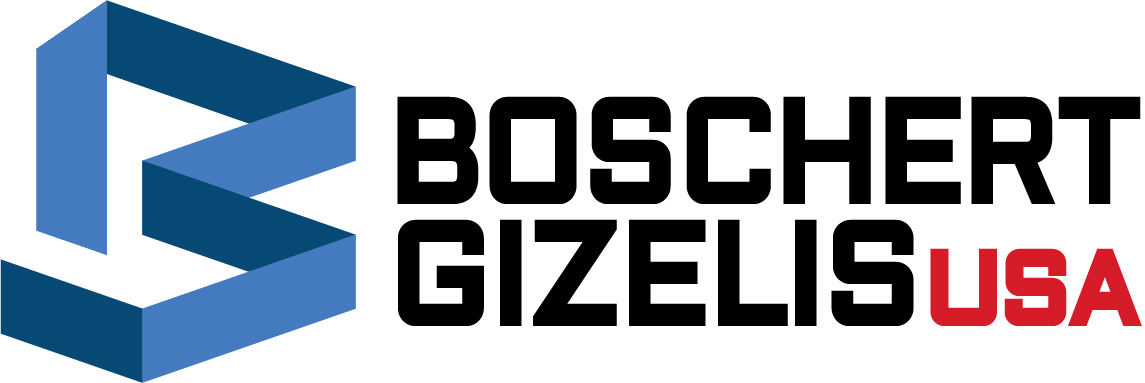Manufacturing equipment can be neatly organized into five main groups. Knowing these categories helps you organize your factory floor and budget better. Therefore, we’ll cover the most critical categories that are the backbone of any successful operation.
This equipment is all about creating the shape and structure of a part. It takes raw material and transforms it into the final product form.
These are the backbone of modern precision manufacturing. A CNC machine follows coded instructions to produce parts with incredible accuracy. Specifically, they are essential for complex designs and high-volume consistency.
This group includes the essential machinery needed to assemble or shape metal components. For businesses looking for reliable fabrication machine suppliers, quality here is paramount.
Machine Type | Primary Use | Industries |
Brakes/Press Brakes | Bending and folding sheet metal | Automotive, HVAC, Construction |
Shears | Straight cutting of flat stock | Sheet metal shops, General Fabrication |
Rolls/Rolling Machines | Creating curved or cylindrical shapes | Tank fabrication, Piping |
Precision cutting is vital, and modern industrial equipment offers high-tech solutions far beyond the old-school torch. Consequently, these tools have revolutionized the speed and quality of cuts in metal fabrication.
A highly focused, powerful laser beam melts, burns, or vaporizes material. They are exceptionally fast and precise, making them a top choice for high-volume, thin-material processing. They are becoming more common in shops in cities like Los Angeles and Seattle.
These machines use a superheated stream of gas (plasma) to cut through electrically conductive materials, mainly metals. While not as precise as a laser, they are much faster and more cost-effective for thicker metal plates.
These use a high-pressure stream of water, often mixed with an abrasive like garnet, to cut virtually any material—metal, stone, glass, even food! Therefore, they are prized for cutting heat-sensitive materials since they don’t produce a heat-affected zone. Want to dive deeper into which cutting machine is right for you? Check out our dedicated article.
The future of American manufacturing relies on automation. These machines dramatically boost efficiency, reduce errors, and allow skilled human workers to focus on complex, high-value tasks.
Remember, even the best machine needs care. Regular maintenance is the secret to a long-lasting machine. For instance, a well-maintained CNC machine can last for decades. Learn how to maximize your machine’s life here: [How to Keep Your Benchtop CNC Machine Running Smoothly?](Internal Link 2).
To stay ahead of the curve, modern manufacturers are embracing key technological advancements:
In terms of sheer volume and necessity, the CNC Machine (Computer Numerical Control) is widely considered the most common and essential manufacturing machine today. It’s used across nearly every industry, from auto parts to medical devices, due to its precision and versatility.
Look for a supplier, like Etana Corp, that offers local support, a proven track record, and high-quality, reliable brands. Prioritize suppliers who provide comprehensive training, installation, and responsive technical service—especially if you’re operating in geographically diverse areas like Texas or California.
Forming changes the shape of a material (like bending a sheet metal part in a press brake) without cutting or removing material. Fabrication is the overall process, often involving cutting, bending (forming), and assembling (like welding) parts together to create a final structure.
Absolutely! While the initial cost is high, the return on investment (ROI) from a robot can be very fast for small to mid-sized businesses (SMBs). They reduce labor costs, eliminate human errors, and allow for consistent 24/7 operation, making them highly cost-effective, particularly for repetitive tasks in high-cost labor states like Massachusetts or Washington.
The cost varies significantly based on size, type, and features. A basic benchtop CNC might start around $10,000 to $20,000, but a professional, high-precision industrial CNC machining center can easily range from $80,000 to over $500,000. It’s crucial to get a personalized quote for your specific needs.
The information provided in this article is for general informational purposes only and does not constitute professional advice. While we strive to provide accurate and up-to-date information, the world of industrial machinery is constantly changing. Always consult with a qualified engineer or machinery expert, such as Etana Corp professionals, before making any major equipment purchases. Equipment prices and technological trends are estimates and subject to change.
Muratec (Murata Machinery, Ltd.) delivers cutting-edge solutions across logistics, automation, machine tools, sheet metal machinery, textile systems, and communication equipment — driving innovation and quality to support industrial transformation.

Laguna Tools goes beyond machinery — we’re your partner in precision, productivity, and creativity. Our CNC routers and equipment deliver durability, accuracy, and craftsmanship to help bring your vision to life and grow your business.

Boschert Gizelis operates two privately owned factories and is dedicated to continuous R&D investment to deliver high-quality, technologically advanced sheet metal processing machines that meet the evolving industry needs.

Contact us
WhatsApp us